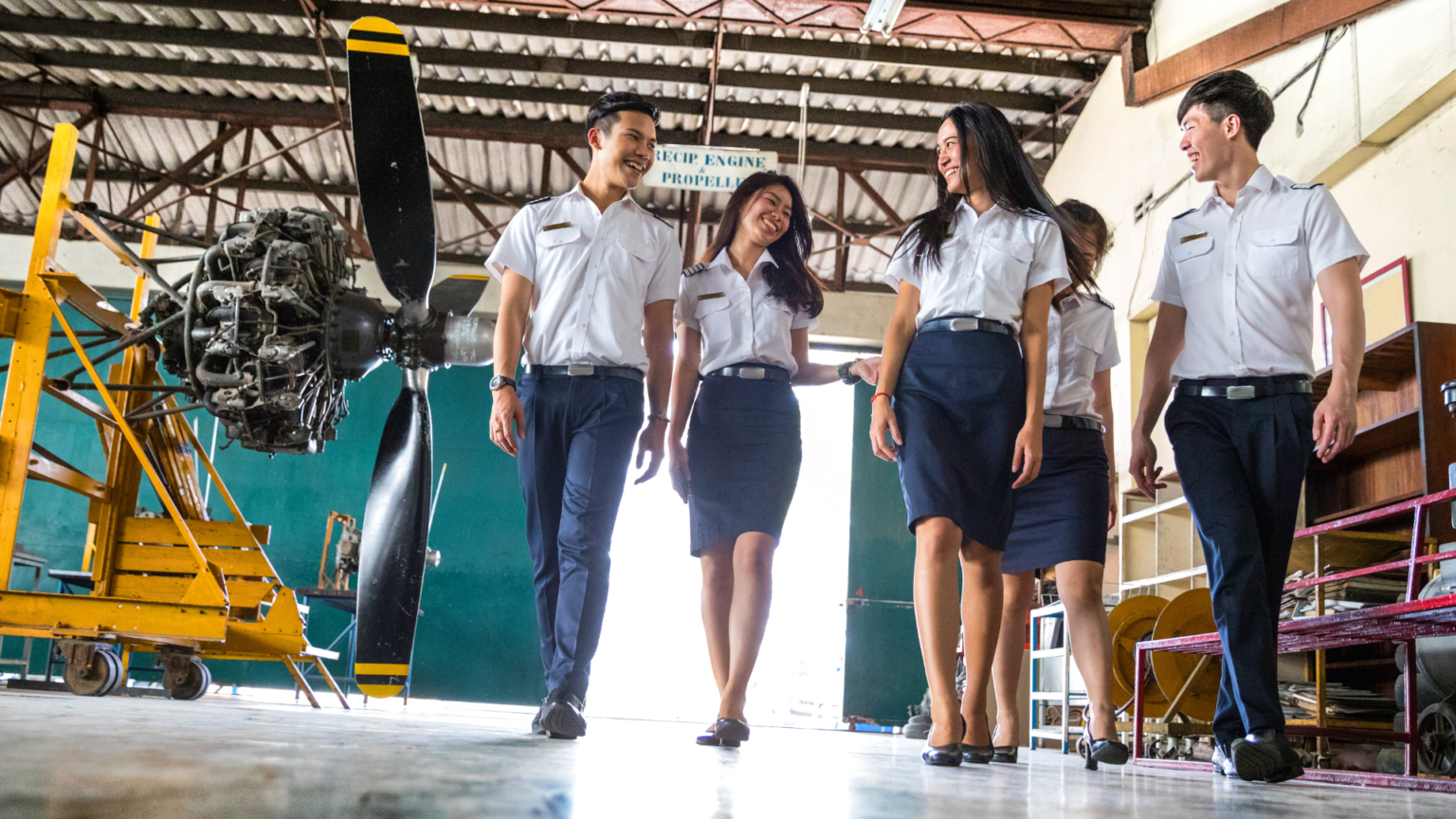Aviation Jobs in the USA in 2024: A Comprehensive Overview
Introduction
The aviation industry plays a vital role in the economy and connectivity of the United States. It provides numerous employment opportunities across various sectors, from commercial airlines and cargo operations to private aviation and maintenance facilities. In 2024, the demand for skilled professionals in the aviation industry continues to grow, driven by ongoing innovations in technology, an aging workforce, and a resurgence of travel after the COVID-19 pandemic. This article provides a comprehensive overview of the aviation job market in the USA in 2024, including current trends, major sectors of employment, key qualifications, and future prospects.
Current Trends in Aviation Employment
Increased Demand for Skilled Workers
The aviation industry is experiencing a rise in demand for skilled workers across various job categories. This includes pilots, aircraft maintenance technicians, air traffic controllers, and aviation engineers. Airlines and aviation companies are looking to fill positions to accommodate growing passenger and cargo traffic.
Technological Advancements
Advancements in technology are shaping the aviation industry, leading to an increased demand for professionals with expertise in automation, cybersecurity, and data analytics. The use of drones and other unmanned aerial systems (UAS) also presents new opportunities for employment in emerging sectors.
Sustainability and Environmental Considerations
The industry is placing a greater emphasis on sustainability and reducing carbon emissions. This shift creates opportunities for roles in research and development, such as alternative fuel technologies and more efficient aircraft designs.
Pilot Shortage
A growing concern in the aviation industry is the pilot shortage. Many pilots are approaching retirement age, and the pandemic led to accelerated retirements and furloughs. Airlines are actively recruiting and training new pilots to address this shortage.
Major Sectors of Employment
Commercial Airlines
Commercial airlines are a major employer in the aviation industry, providing jobs for pilots, flight attendants, ground crew, and administrative staff. These airlines offer domestic and international flights, catering to both leisure and business travelers.
General Aviation
General aviation includes private and corporate flights, charter services, and flight training schools. It offers opportunities for pilots, maintenance technicians, and flight instructors. General aviation is a growing sector, providing more flexibility and convenience for travelers.
Aircraft Maintenance and Repair
Maintenance, repair, and overhaul (MRO) facilities play a critical role in ensuring the safety and efficiency of aircraft. Skilled technicians, engineers, and support staff are needed to service a wide range of aircraft, from small private planes to large commercial jets.
Air Traffic Control
Air traffic controllers manage the safe and efficient movement of aircraft in the air and on the ground. These professionals work at airports and control centers, coordinating takeoffs, landings, and airspace traffic to prevent collisions and delays.
Aerospace Manufacturing and Engineering
Aerospace companies design, develop, and manufacture aircraft and related technologies. Engineers, scientists, and skilled workers are involved in building the next generation of aircraft, engines, and avionics systems.
Key Qualifications and Skills
Education and Training
Many aviation jobs require specific education and training. For example, pilots need a commercial pilot’s license and, in some cases, an airline transport pilot (ATP) license. Maintenance technicians must be certified by the Federal Aviation Administration (FAA). Air traffic controllers undergo specialized training and certification.
Technical Skills
Technical skills are essential for aviation jobs, particularly in maintenance, engineering, and air traffic control. Workers must be proficient in their areas of expertise and stay current with industry standards and regulations.
Soft Skills
Aviation professionals must possess strong communication, teamwork, and problem-solving skills. These qualities are especially important for pilots, flight attendants, and air traffic controllers, who work in high-pressure environments.
Adaptability and Continuous Learning
The aviation industry is constantly evolving, and professionals must adapt to new technologies and regulations. Continuous learning and professional development are key to staying competitive in the job market.
Future Prospects and Opportunities
Growth in Air Travel
The demand for air travel is expected to continue growing, driven by economic recovery, globalization, and an increase in leisure travel. This growth will create more job opportunities across all sectors of the aviation industry.
Emerging Technologies
Emerging technologies such as electric and hybrid aircraft, autonomous flying, and advanced air mobility (AAM) present exciting opportunities for innovation and employment. Professionals with expertise in these areas will be in high demand.
Globalization and International Markets
As air travel becomes more accessible worldwide, international markets offer opportunities for U.S.-based aviation companies to expand their operations. This expansion may lead to more job openings for professionals in various aviation roles.
Emphasis on Safety and Security
Safety and security will remain top priorities in the aviation industry. This focus will drive demand for professionals in safety management, cybersecurity, and regulatory compliance.
Conclusion
Aviation jobs in the USA in 2024 offer a diverse range of opportunities across various sectors, including commercial airlines, general aviation, maintenance and repair, air traffic control, and aerospace manufacturing. The industry’s growth, driven by technological advancements and increased demand for air travel, creates a promising job market for skilled professionals. Individuals interested in pursuing a career in aviation should focus on obtaining the necessary education, training, and certifications to take advantage of the many opportunities available in this dynamic and exciting industry.
